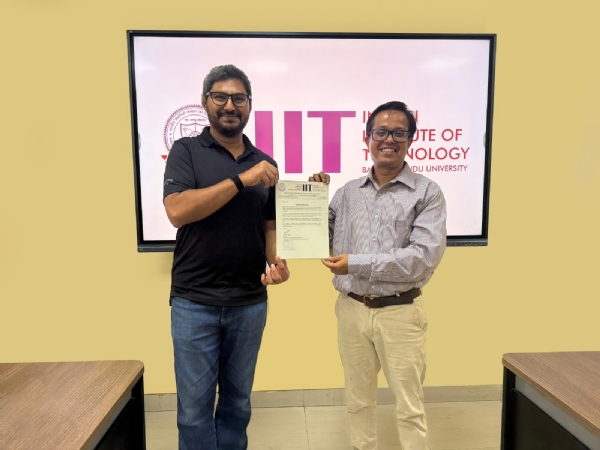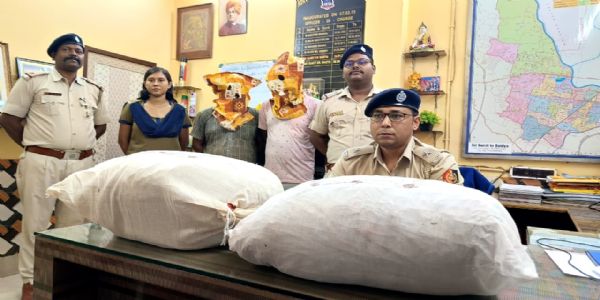
Varanasi,
07 Aug (HS): A recent study conducted by the Indian Institute of Technology
(Banaras Hindu University), has provided a scientific affirmation of the
reliability and statistical integrity of Random Number Generators (RNGs)
employed in online card games. The research was led by Dr. Bhaskar Biswas,
Professor and Head of the Department of Computer Science & Engineering at
IIT-BHU, and his team. They deployed internationally accepted methodologies to
assess the randomness and fairness of card shuffling algorithms using real
gameplay data.
“These
results demonstrate a high level of statistical conformity and provide
reassurance about the robustness of RNG implementations in digital card games,”
said Dr. Bhaskar Biswas. “In games such as online rummy, the underlying
randomness must be beyond reproach. Our analysis shows that, when properly
implemented, RNGs can uphold the core principles of fairness and
unpredictability.”
The
study used the ‘Dieharder’ statistical test suite, a globally recognized benchmark
for evaluating RNG quality, to evaluate thousands of card distribution
sequences drawn from historical gameplay logs. Researchers rigorously tested
three months of non-Personally Identifiable Information (non-PII) gameplay data
obtained from RummyCulture, one of India’s leading online skill-based gaming
platforms and the flagship platform of Gameskraft. The analysis spanned both
53-card and 106-card game formats, examining the RNG output across multiple
dimensions of randomness including uniformity, independence, and
unpredictability.
Key
findings from the study include:
For
53-card games, RNGs passed 97.34% of all Dieharder tests and for 106-card
games, RNGs passed 98.25% of the tests.
P-value
distributions, an indicator of randomness quality, were found to be largely
uniform across both formats, with only slight clustering in edge ranges
(0.0–0.1 and 0.9–1.0), which is consistent with theoretical expectations in
truly random datasets.
This
marked a pioneering moment for RummyCulture, making it the first instance in
the skill based Real Money Gaming (RMG) and the broader global gaming ecosystem
where an independent academic institution reviewed actual game data.
The
IIT-BHU team validated the RNGs using Dieharder’s extensive suite, which
includes tests such as:
Birthday
Spacing Test (to detect duplicate values in subsets),
Bitstream
and Rank Tests (to verify bit-level randomness),
Parking
Lot and Minimum Distance Tests (to simulate spatial distribution),
DNA
and OPSO/OQSO Tests (for detecting overlapping sequence anomalies).
Each
of these tests was applied repeatedly with large datasets, and the results
consistently affirmed the absence of bias or predictability in the number
sequences generated. Importantly, the report stresses the regulatory relevance
of these findings. RNGs in digital games are often subject to audits and
certification under frameworks like the NIST standards and the British Remote
Technical Standards (RTS). The IIT-BHU analysis confirms that the RNG systems
studied meet the statistical expectations laid out by these international
benchmarks. This independent study reaffirms RummyCulture's long-standing
commitment to fair play, including prior RNG certifications from globally
competent authorities like iTech Labs(ISO 17025 certified), whose tests have
also affirmed unpredictability, non-repeatability, and uniform distribution,
consistent with Marsaglia's 'diehard' tests for statistical randomness. Reports
like these are essential for upholding ethical standards, building user
confidence, and ensuring the long-term sustainability of the expanding online
gaming industry.
Hindusthan Samachar / Abhishek Awasthi







